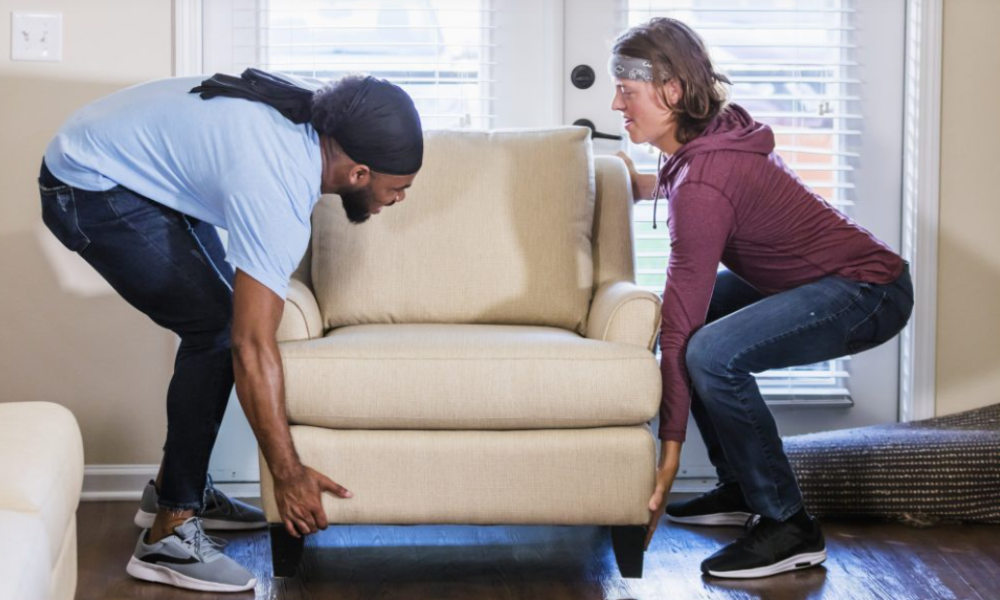New Florida Law Fights Property Nabbers
A new law affecting Florida real estate owners is taking aim at squatters’ rights. HB 621, the “Property Rights” bill goes into effect on Monday, July 1st, 2024, seeks to make it easier for homeowners to get rid of squatters and increase penalties for squatting.
According to a survey by the National Rental Home Council, Florida, Georgia, and Texas had more squatters than other U.S. metropolitan areas.
The new law allows property owners to request assistance from their local sheriff’s office to immediately remove unauthorized people from their homes and authorizes the arrest of said occupant. The new law also adds stiff criminal penalties to activities related to squatting.
Under the new law, advertising the sale or rental of a Florida residential real estate without legal authority or ownership a first-degree felony. Making a false statement in writing to obtain real property is now a first-degree misdemeanor, and anyone who unlawfully occupies or trespasses in a residential dwelling and who intentionally causes $1,000 or more in damages can be charged with a second-degree felony.
Florida isn’t the only state considering anti-squatting laws. Oklahoma, New York, Alabama, and Georgia are also reviewing similar legislation.
What Are Squatters Rights?
A squatter is simply a person who occupies a property or a piece of land without the owner’s permission. If they occupy that property for a long enough period—usually between 5 and 30 years—without the property owner doing anything about it, they can even lay legal claim to said property. Most states have what are known as squatters rights, which give squatters certain legal rights. Property owners can’t just throw them out, and instead must go through a lengthy and expensive process similar to the legal eviction of a paying tenant.
Why Do Squatters Have Rights?
Since squatting is already illegal in Florida and most other states, it may seem strange that squatters have any rights to occupy a property without the owner’s permission, but squatters rights exist so that conflicts between a homeowner and a squatter don’t escalate into violence. Squatters rights allow the courts to settle disputes and keep any disagreements civil.
Different Types of Squatting
The term squatting conjures a mental image of a homeless person breaking into a house while the owner is on vacation and staying there while they destroy the place, but squatting comes in many forms.
Some squatting occurs because someone advertised your property for rent without your permission or authorization, and the squatter is someone who was tricked into paying someone else a security deposit and rent. A squatter can also be someone you know, such as a former romantic partner, friend, or relative.
How to Keep Squatters Out of Your Properties
The process to remove a squatter can be lengthy and expensive. It is far easier to keep squatters from setting up shop in your property in the first place, especially if you have a lot of vacant rental properties. Here are a few tips.
Get a security system. A home with cameras and a good alarm system is less attractive to squatters. This can be costly to set up, but cheaper in the long run than extensive legal action.
Regularly pay your properties a visit. Check in on your properties at least once a month, or hire a property management company to do so for you. Routine visits will deter squatters and improve your chances of getting rid of an unauthorized tenant before they have time to establish a residence there.
Make it look occupied. Making it appear as if someone lives there will go a long way to deter potential squatting. Make sure the lawn is mowed, get the mail, making any necessary repairs and routine cleaning will make your property appear as if someone is already living there.
Pay the property taxes. To gain legal possession of a dwelling, squatters will often pay the property taxes in order to make an adverse possession claim. But they can’t do that if you’re already paying them. Keeping up to date on property bills is a great way to keep squatters from stealing a property out from under you.
Florida Bar-Board-Certified Attorneys David E. Klein, Esq. and Guy Rabideau, Esq. at Rabideauklein.com have the expertise and experience you need to ensure your interests are protected throughout your Florida real estate closings. When you’re in need of legal oversight in an upcoming residential or commercial transference, you are welcome to call our Palm Beach office at 561-655-6221, or contact us via email.

